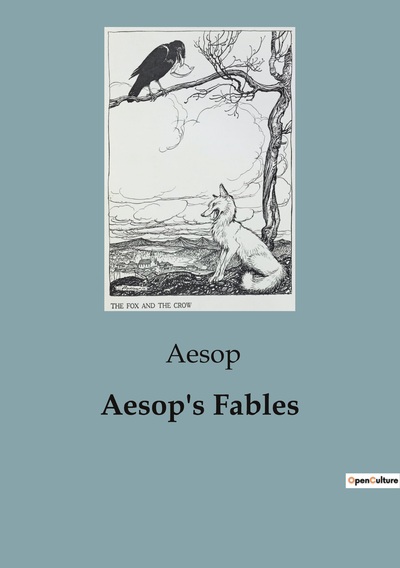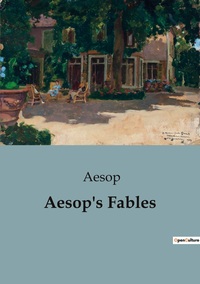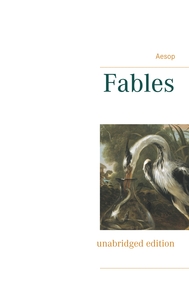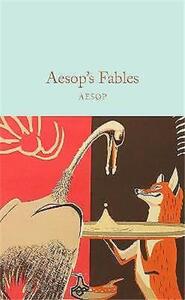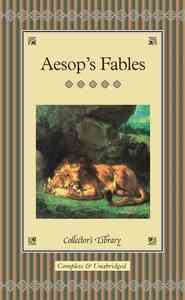Nous utilisons des cookies pour améliorer votre expérience. Pour nous conformer à la nouvelle directive sur la vie privée, nous devons demander votre consentement à l’utilisation de ces cookies. En savoir plus.
Aesop's Fables
EAN : 9791041820375
Édition papier
EAN : 9791041820375
Paru le : 8 oct. 2023
9,00 €
8,53 €
Disponible
Pour connaître votre prix et commander, identifiez-vous
Notre engagement qualité
-
 Livraison gratuite
Livraison gratuite
en France sans minimum
de commande -
 Manquants maintenus
Manquants maintenus
en commande
automatiquement -
 Un interlocuteur
Un interlocuteur
unique pour toutes
vos commandes -
 Toutes les licences
Toutes les licences
numériques du marché
au tarif éditeur -
 Assistance téléphonique
Assistance téléphonique
personalisée sur le
numérique -
 Service client
Service client
Du Lundi au vendredi
de 9h à 18h
- EAN13 : 9791041820375
- Réf. éditeur : 306925
- Date Parution : 8 oct. 2023
- Disponibilite : Disponible
- Barème de remise : NS
- Nombre de pages : 36
- Format : H:210 mm L:148 mm E:2 mm
- Poids : 62gr
- Résumé : Aesop's Fables, attributed to the legendary storyteller Aesop from ancient Greece, comprise a collection of succinct and timeless moral tales. These fables feature animal characters, each symbolizing human qualities or foibles, and they convey essential moral lessons through engaging and straightforward narratives. Their hallmark characteristics include simplicity, accessibility, and universal themes that explore human behavior, ethics, and wisdom across a wide range of scenarios. These fables remain enduring classics, such as "The Tortoise and the Hare" and "The Boy Who Cried Wolf," continuing to captivate readers of all ages by imparting moral wisdom through memorable storytelling.
- Biographie : Aesop (c. 620 - 564 BCE) was a Greek fabulist and storyteller credited with a number of fables now collectively known as Aesop's Fables. Although his existence remains unclear and no writings by him survive, numerous tales credited to him were gathered across the centuries and in many languages in a storytelling tradition that continues to this day. Many of the tales are characterized by animals and inanimate objects that speak, solve problems, and generally have human characteristics. Scattered details of Aesop's life can be found in ancient sources, including Aristotle, Herodotus, and Plutarch. An ancient literary work called The Aesop Romance tells an episodic, probably highly fictional version of his life, including the traditional description of him as a strikingly ugly slave who by his cleverness acquires freedom and becomes an adviser to kings and city-states. Older spellings of his name have included Esop(e) and Isope. Depictions of Aesop in popular culture over the last 2500 years have included many works of art and his appearance as a character in numerous books, films, plays, and television programs.

